Oral Cancer Screening
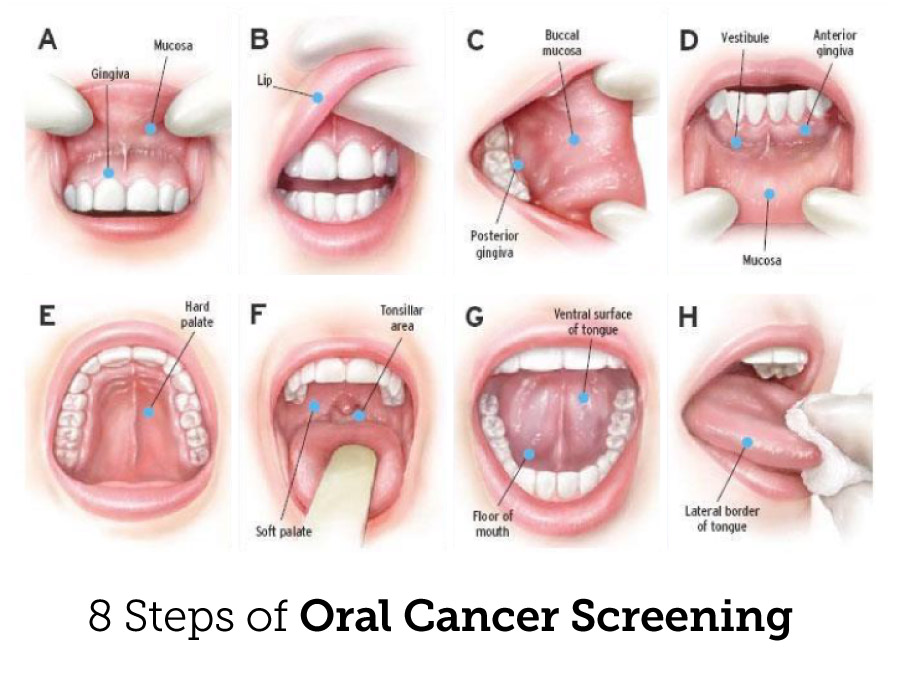
Some screening tests are used because they have been shown to be helpful both in finding cancers early and in decreasing the chance of dying from these cancers. Other tests are used because they have been shown to find cancer in some people; however, it has not been proven in clinical trials that use of these tests will decrease the risk of dying from cancer.
Scientists study screening tests to find those with the fewest risks and most benefits. Cancer screening trials also are meant to show whether early detection (finding cancer before it causes symptoms) decreases a person's chance of dying from the disease. For some types of cancer, the chance of recovery is better if the disease is found and treated at an early stage.
Screening for oral cancer may be done during a routine check-up by a dentist or doctor. The exam will include looking for lesions, including areas of leukoplakia (an abnormal white patch of cells) and erythroplakia (an abnormal red patch of cells). Leukoplakia and erythroplakia lesions on the mucous membranes may become cancerous.
If lesions are seen in the mouth, the following procedures may be used to find abnormal tissue that might develop into oral cancer:
- Toluidine blue stain: A procedure in which lesions in the mouth are coated with a blue dye. Areas that stain darker are more likely to be cancer or become cancer. Fluorescence staining: A procedure in which lesions in the mouth are viewed using a special light. After the patient uses a fluorescent mouth rinse, normal tissue looks different from abnormal tissue when seen under the light.
- Exfoliative cytology: A procedure to collect cells from the lip or oral cavity. A piece of cotton, a brush, or a small wooden stick is used to gently scrape cells from the lips, tongue, mouth, or throat. The cells are viewed under a microscope to find out if they are abnormal.
- Brush biopsy: The removal of cells using a brush that is designed to collect cells from all layers of a lesion. The cells are viewed under a microscope to find out if they are abnormal.
More than half of oral cancers have already spread to lymph nodes or other areas by the time they are found. No studies have been done to find out if screening would decrease the risk of dying from this disease.
Call 651.429.2299 for appointment
4801 Hwy 61, Suite 300, White Bear Lake, MN 55110
reedds@qwestoffice.net
Any Questions?
4801 Hwy 61, Suite 300, White Bear Lake, MN 55110 | 651.429.2299
Dental Web Design by Miso Web Design



